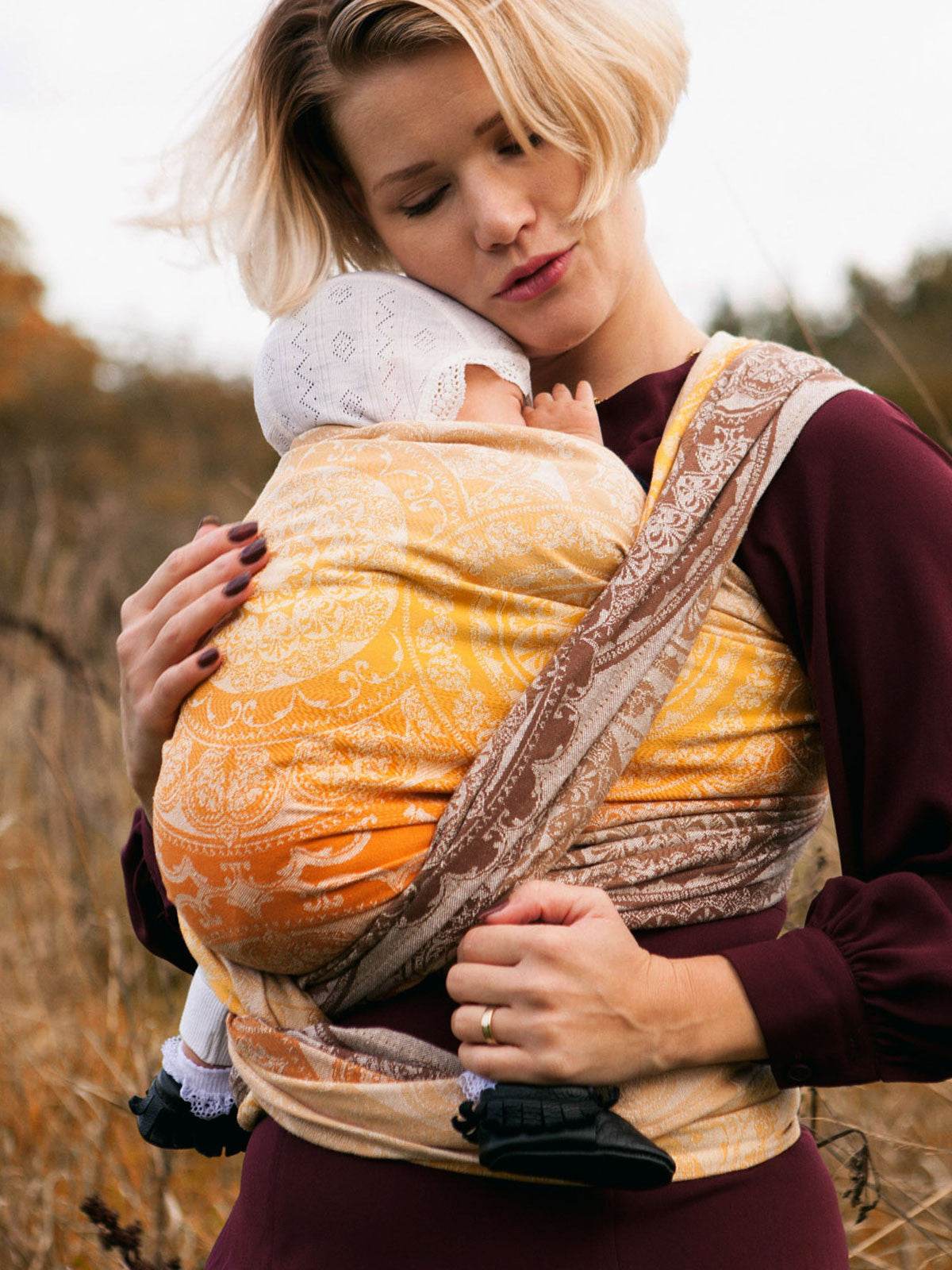
7 Reasons Why Babies Need Cuddles
Cuddling your little one close produces the hormone oxytocin in you both, and oxytocin has some amazing benefits for you and your little one. Find out more...
Let us take you through the 7 reasons why cuddling is so important to your little one's development. Did you know that carrying your baby in a sling, even with clothes on has been shown to produce almost the same benefits as skin to skin contact? Using a baby carrier or sling makes holding your baby so much easier. Learn more about using a sling
1. Cuddling Eases Pain

When a child is hurt they immediately lift their arms wanting a cuddle. Similarly when younger babies cry they want to be picked up and comforted. For generations, we've known that cuddling makes them feel better - but recent research has shown this to be fact. Not only does soft touch make infants feel better, but that it actually eases their pain. [1]
2. It Enables Eye Contact

The last sense to fully form is eyesight. At birth, a baby can only focus on objects around 25cm from them, which happens to be the perfect distance from your face to their eyes when holding them. Eye contact is so important for wee ones. Studies have shown that eye contact plays a key role in brain development and bonding, and simply cuddling them and gazing into their face can help with this. [2]
3. Cuddles Help Speech Development
Holding a newborn close is the only way in which they're able to see your mouth moving. As you cuddle your baby close and begin to talk to them, you'll notice them start to wiggle their mouth and move their tongue. This is their first attempts at speech! As they grow older, studies have shown, that you're much more likely to chat away to your little one, encouraging them to speak, when carrying them.
4. Cuddling Means Bonding

Bonding is defined as the process by which a close emotional relationship is developed. While some feel strongly bonded to their baby during pregnancy, for others, bonding occurs more for them after birth and during the first few months. Cuddling your baby close is known to release oxytocin, which in turn promotes both attachment and bonding. It also helps to reduce anxiety. “Although the causes of initial onset are unclear, postpartum anxiety can be mitigated by recent contact with infants. Cuddling your baby feels good, and makes a long-lasting impact on your relationship.
5. Cuddles Help With Breastfeeding

Mums who carry their babies for just one hour each day breastfeed for longer and also breastfeed their babies more frequently.[3] This may not sound like a benefit at first glance, but actually, when you consider the wonders that breastfeeding does for both mother and child it all makes sense.
The NHS says: “Any amount of breast milk has a positive effect. The longer you breastfeed, the longer the protection lasts and the greater the benefits.
NHS
Breastfeeding reduces your baby's risk of: infections, diarrhoea and vomiting, sudden infant death syndrome (SIDS), childhood leukaemia, type 2 diabetes obesity, and cardiovascular disease in adulthood.
Breastfeeding and making breast milk also has health benefits for you. The more you breastfeed, the greater the benefits.
Breastfeeding lowers your risk of: breast and ovarian cancer, osteoporosis, cardiovascular disease and obesity. [4]
And so now it becomes clearer why carrying causing breastfeeding for longer and more frequently is an amazing thing!
Learn more about how carrying can support breastfeeding mothers on our blog
6. Holding Your Baby Builds a Happy Brain

We love this poster that Dr. Rosie Knowles made showing some incredible benefits of cuddling your baby close and still find it incredible that cuddling and responsiveness can help build a happy brain.
If you'd like to learn even more from Dr.Rosie Knowles site. Where she goes into greater depth on how to build a happy brain for your infant.
7. Cuddles Build Independence and Resilience
Being responsive to your baby when they're young has a long-lasting impact. By having their needs met, babies feel reassured that they can bravely explore the world, knowing they can return to your safe haven if the need arises. It encourages them to be trusting and resilient as they grow. Karen Stevens writes, “Children with secure attachments are more optimistic toward life and more resilient despite hardship. What an incredible gift we can give out children by cuddling them in, and meeting their needs when they're wee. [5]
And finally - What is Oxytocin?
You may have seen oxytocin mentioned before, as it has a role not just in cuddling and bonding but also in labour too. In fact oxytocin literally means 'quick birth' in Greek. Oxytocin is a hormone produced in the hypothalamus and secreted by the pituitary gland in response to a certain stimulus; one of these being cuddling. This incredible hormone is still being researched as it impacts many things that we're still grasping, but what we know for sure is that it is key in both birth, breastfeeding, and bonding with your little one. [6]
[3] - Pisacane, Alfredo / Contanisio, Paola / Filosa, Cristina / Tagliamonte, Valeria / Continisio, Grazie I.: “Use of baby carriers to increase breastfeeding duration among term infants: the effects of an educational intervention in Italy. In: Acta Paediatricia, 101, 2012, S.434-438

Best Baby Carrier For Newborns 2026

Grey Havens: Oscha Lord of the Rings Design Development
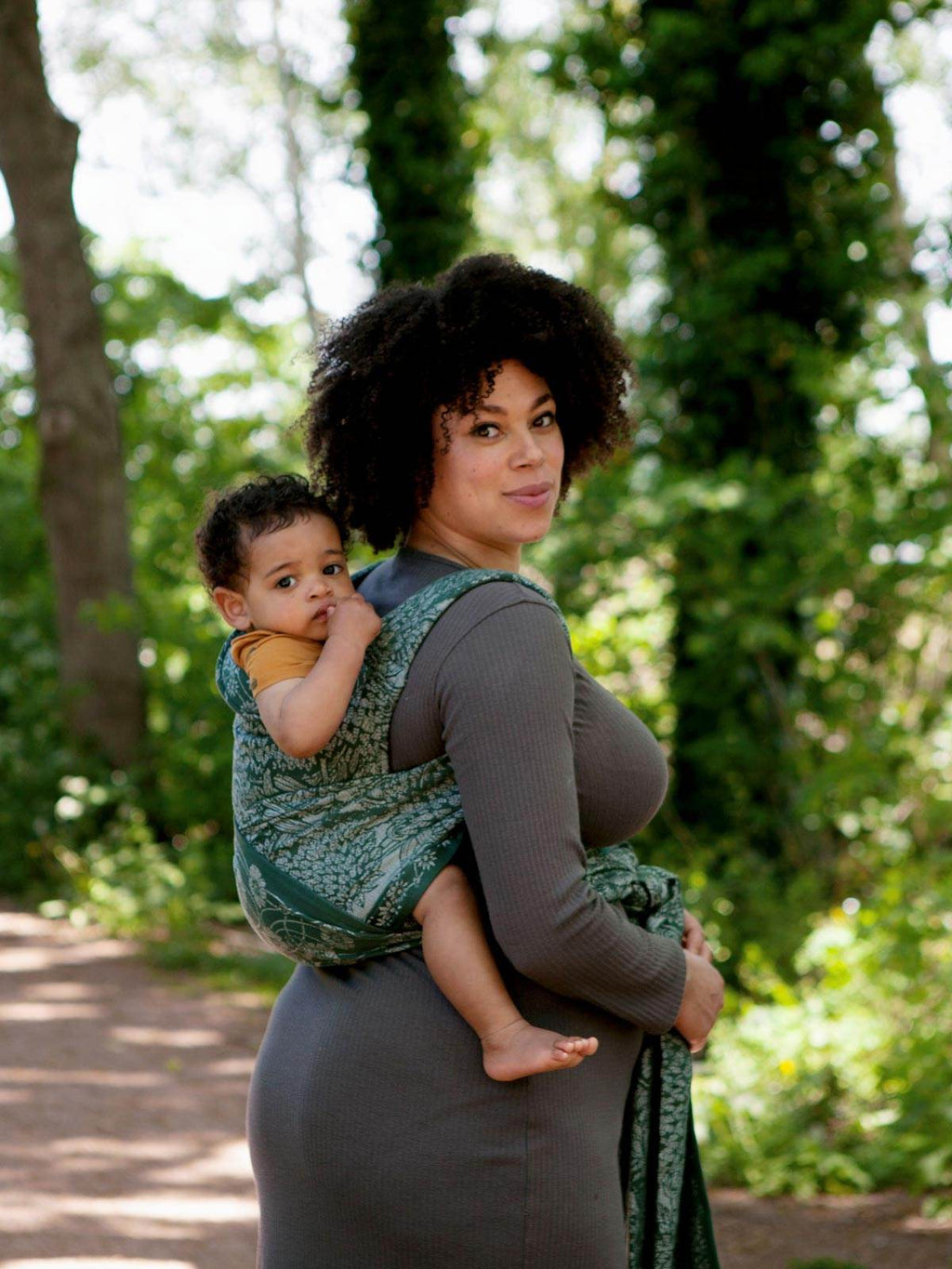




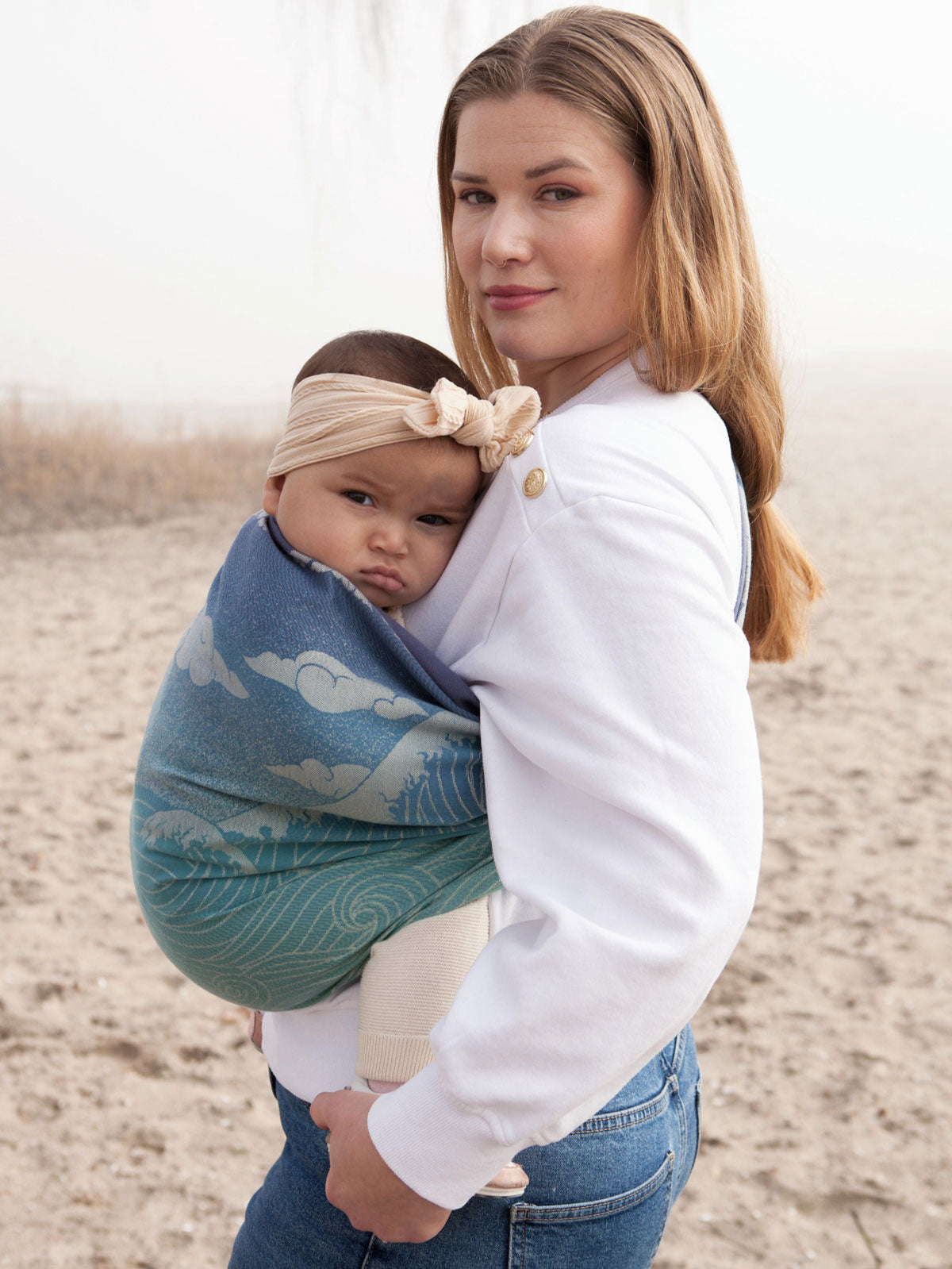
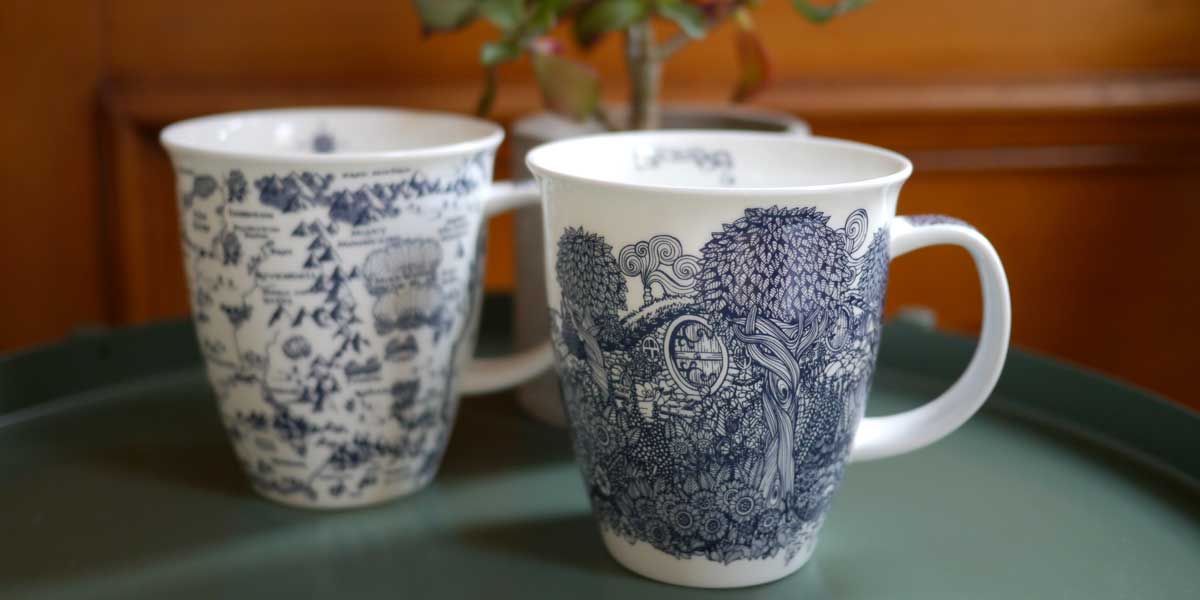

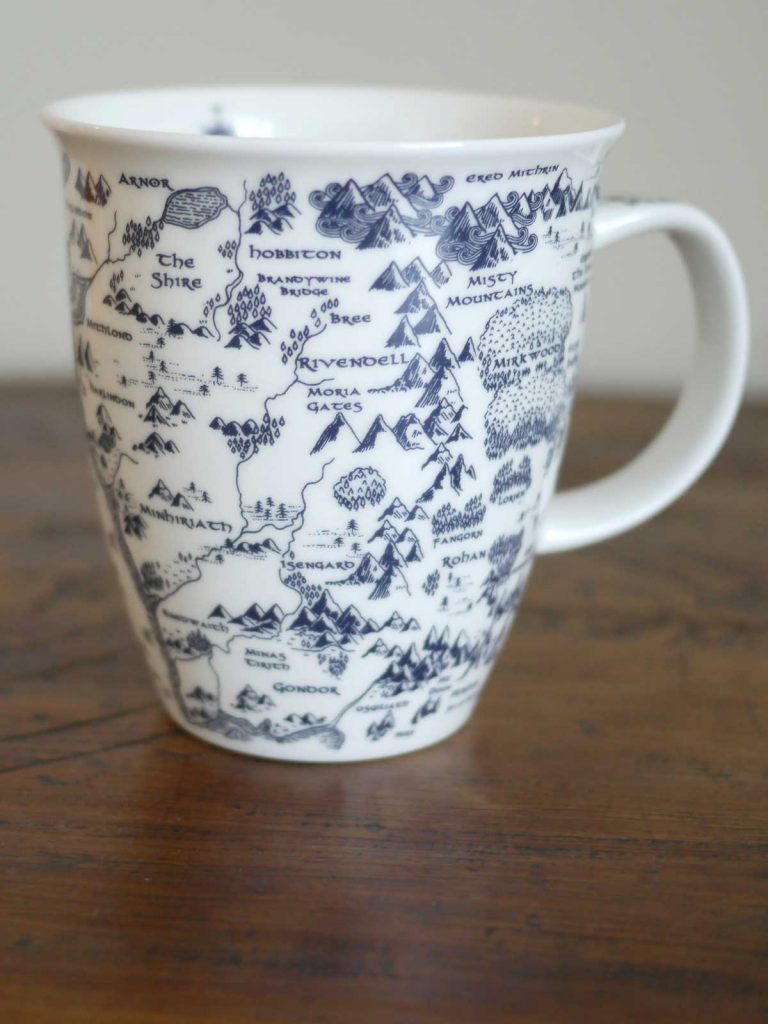

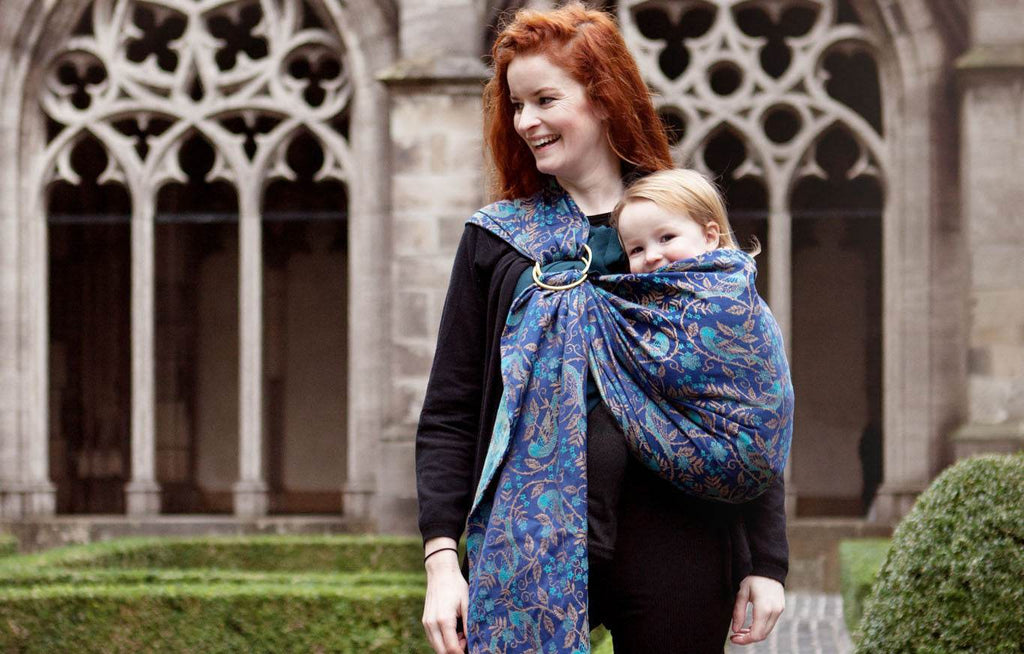
 https://oschaslings.com
https://oschaslings.com